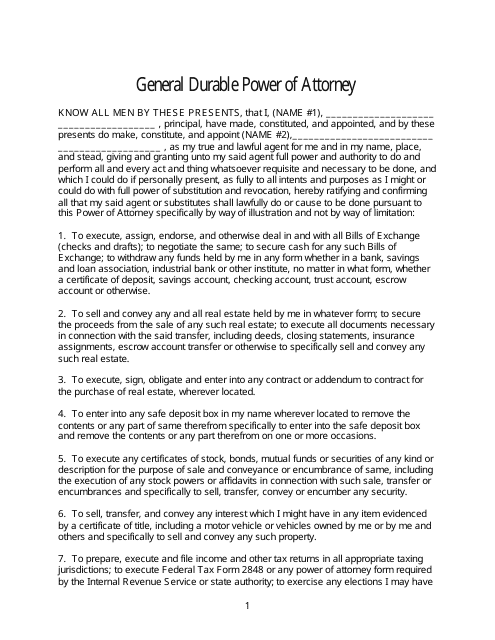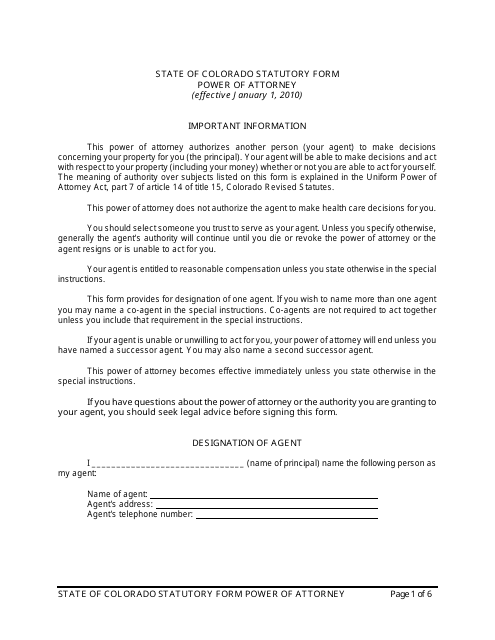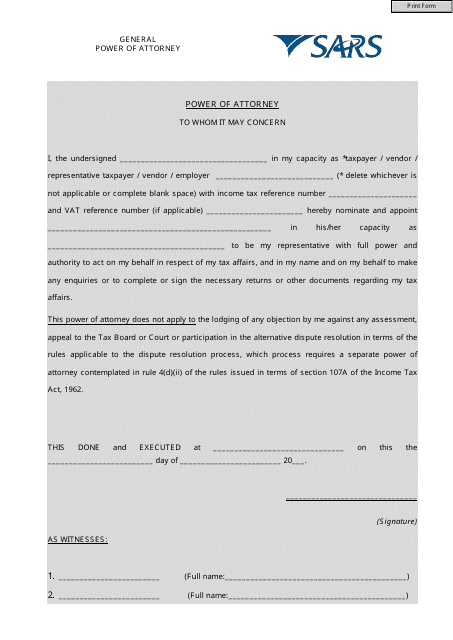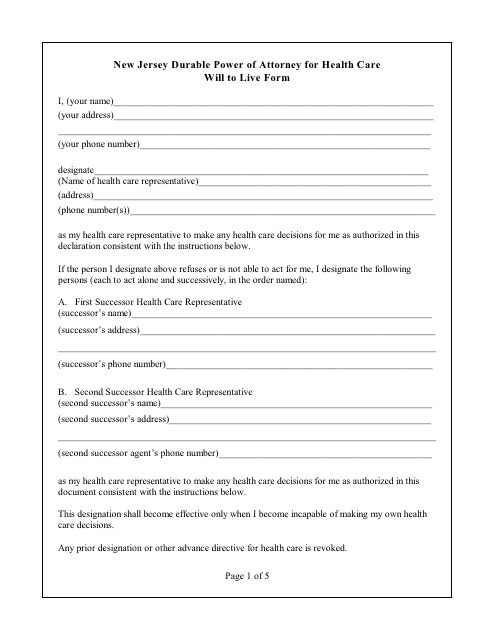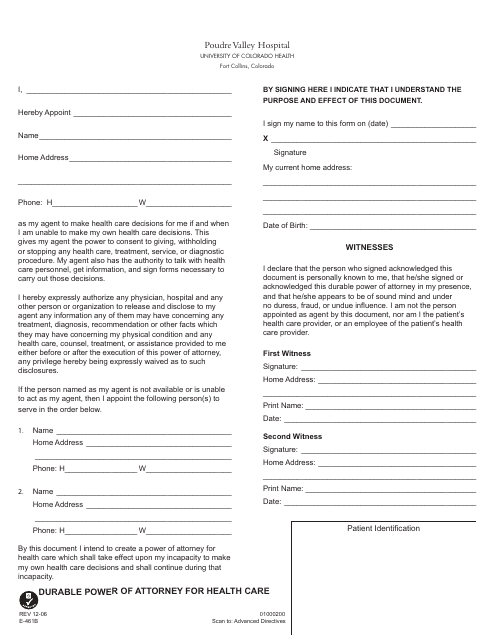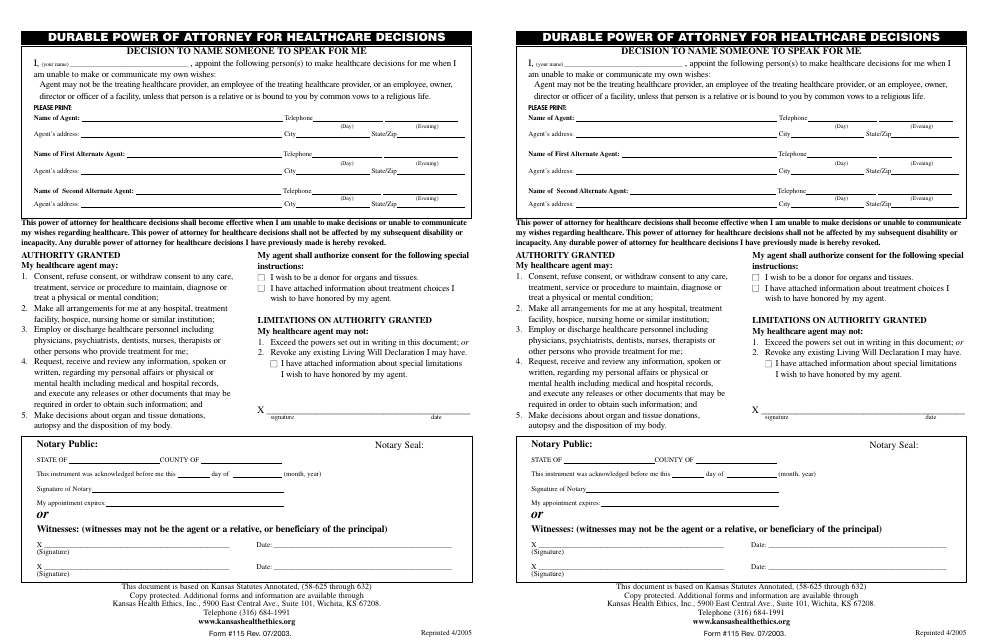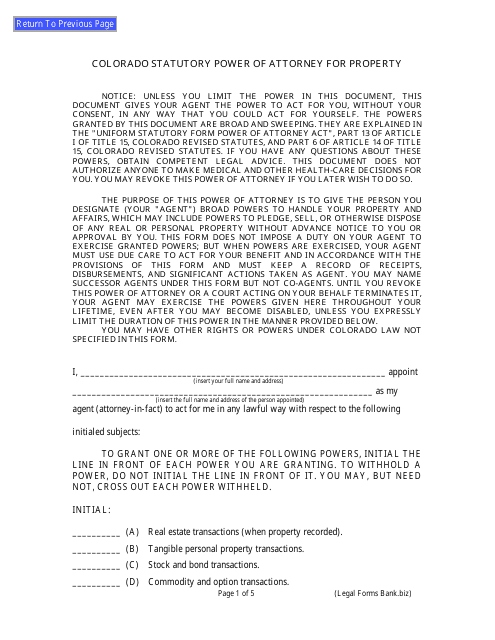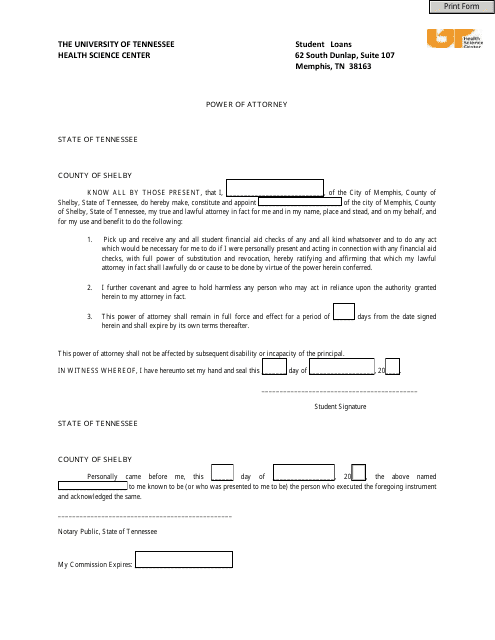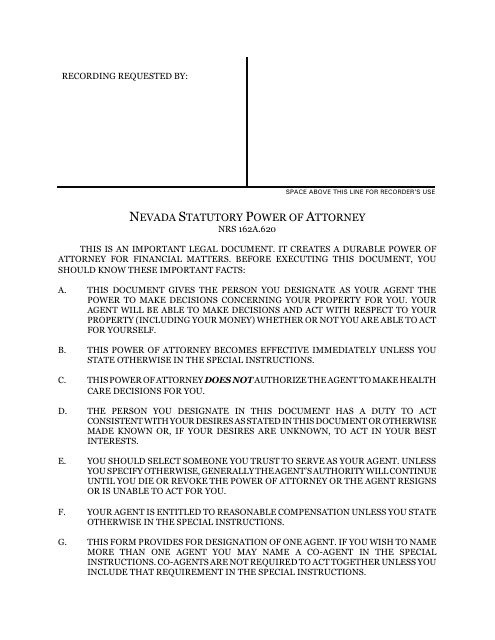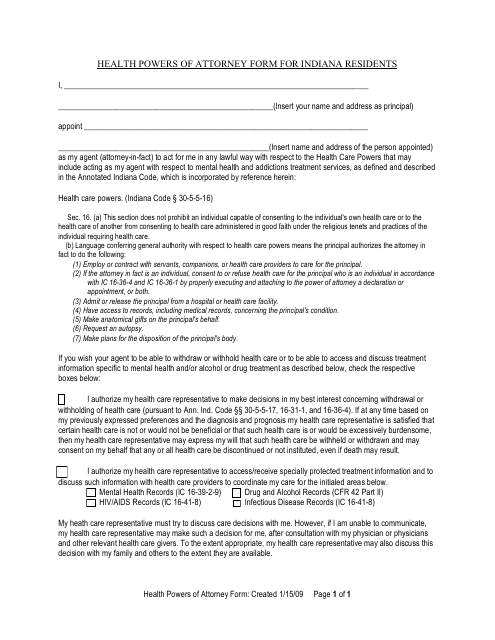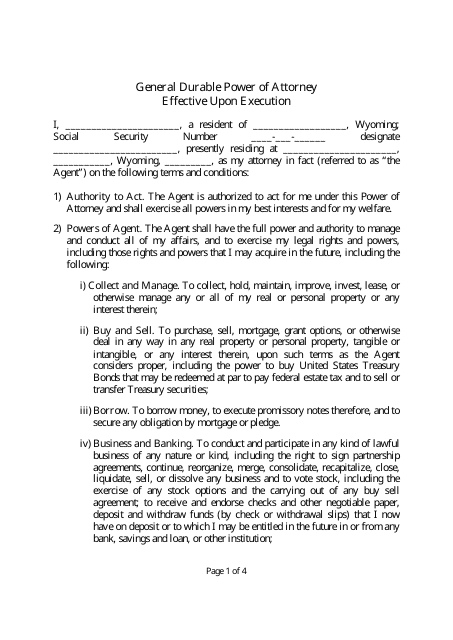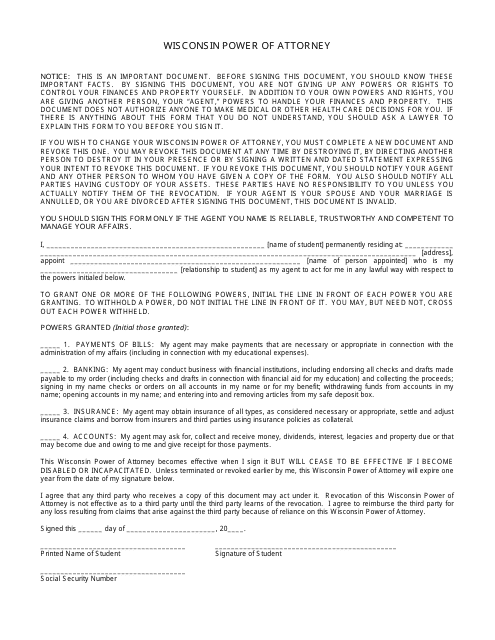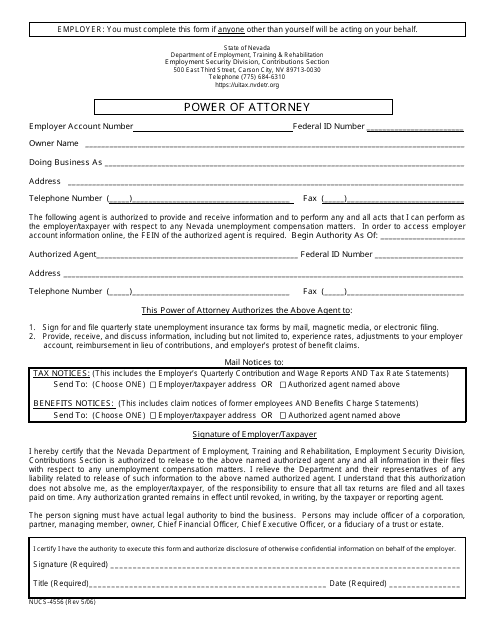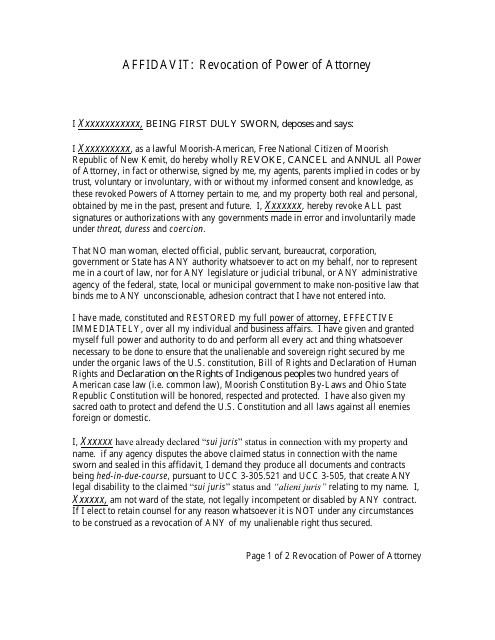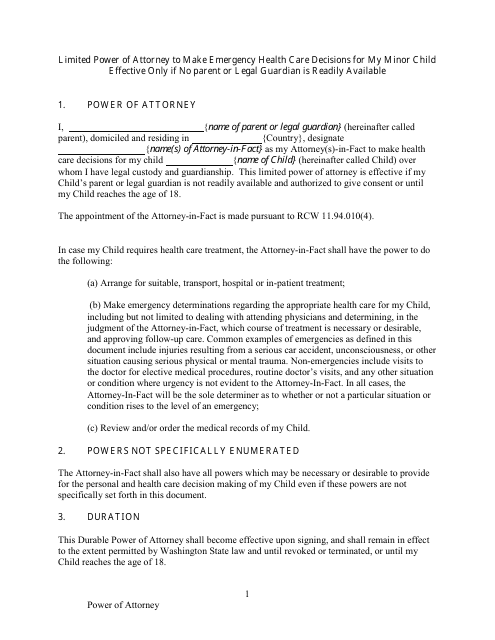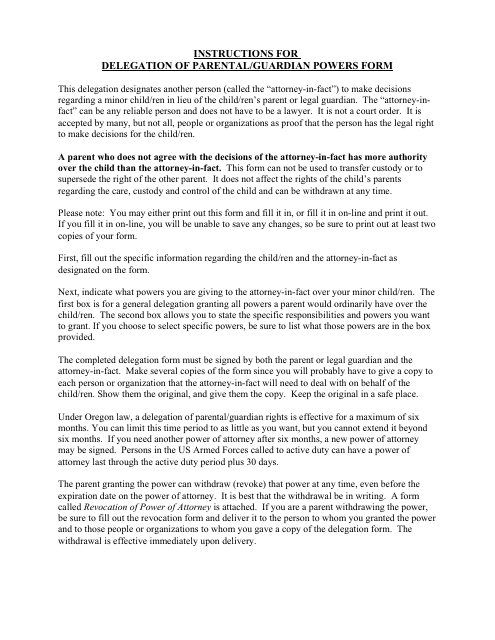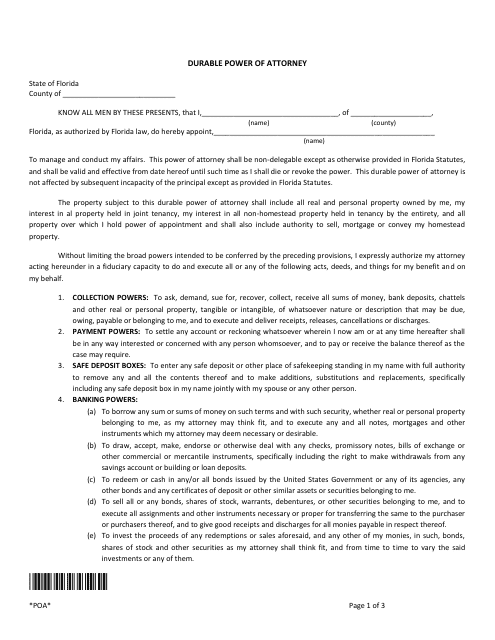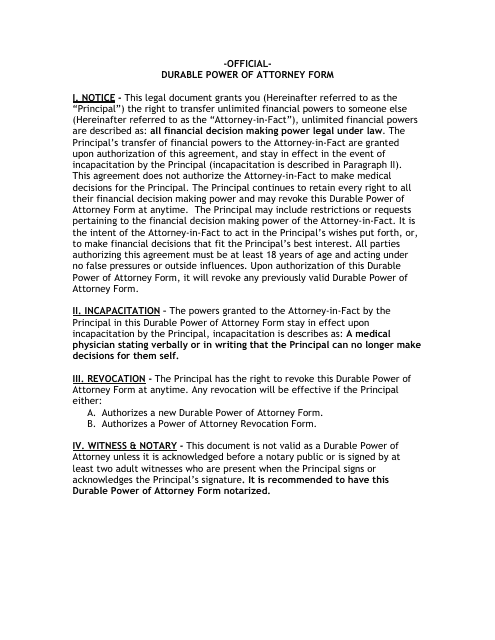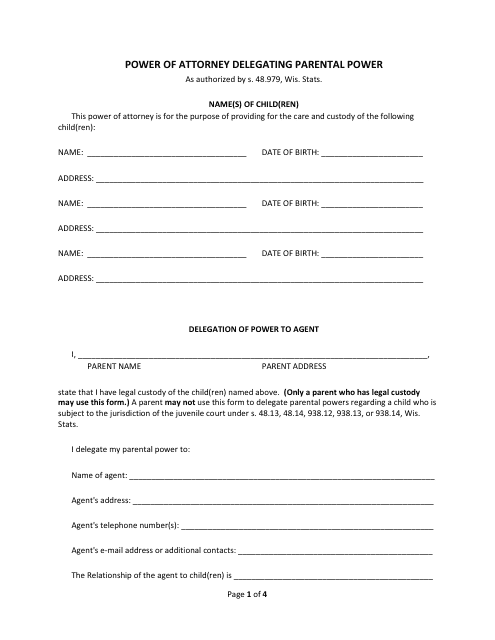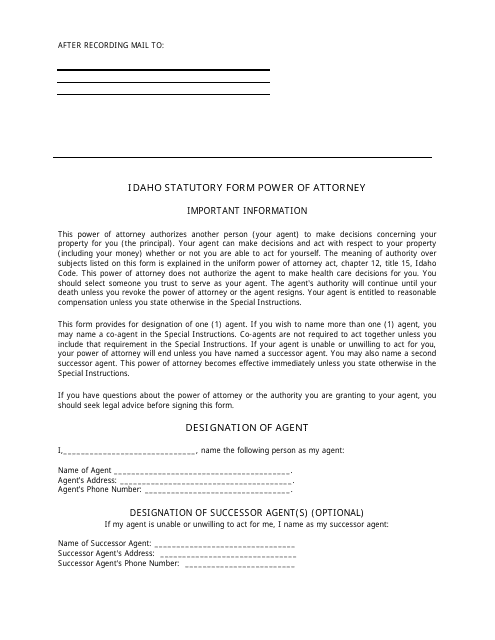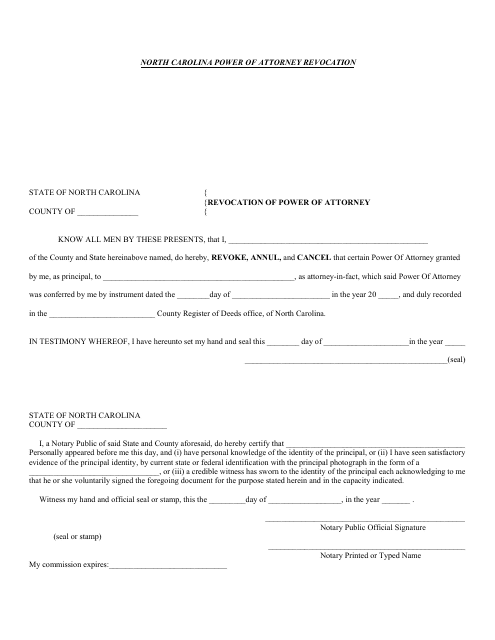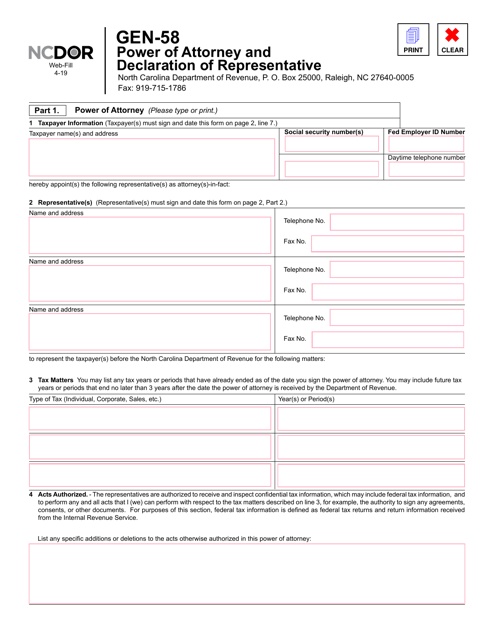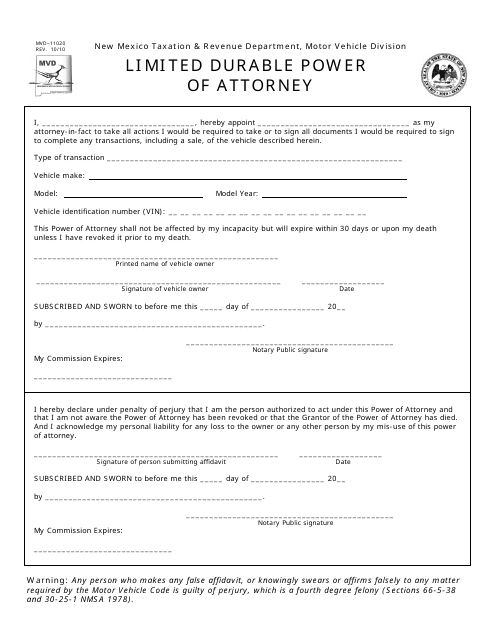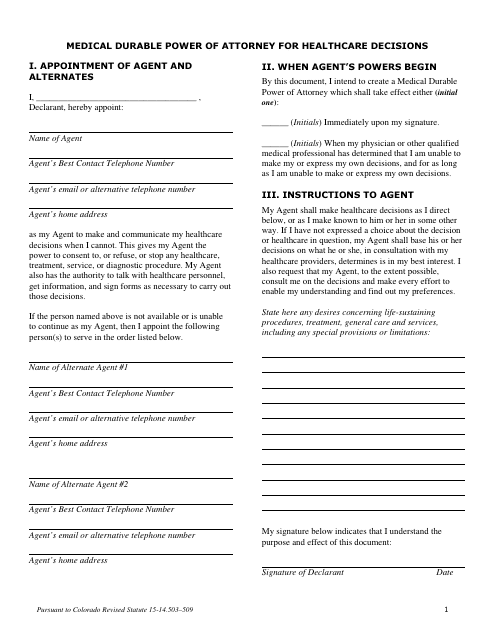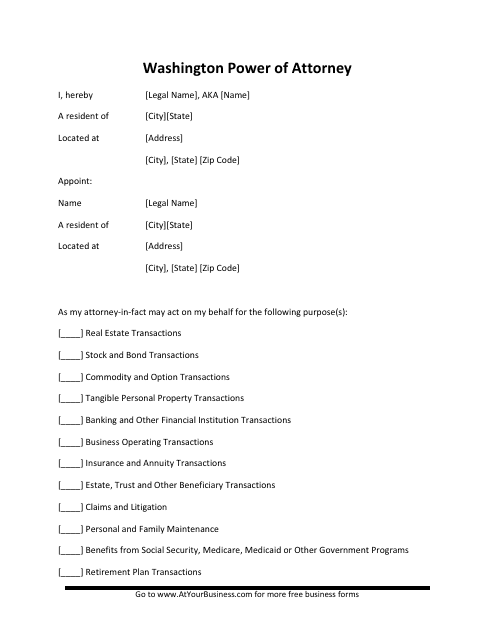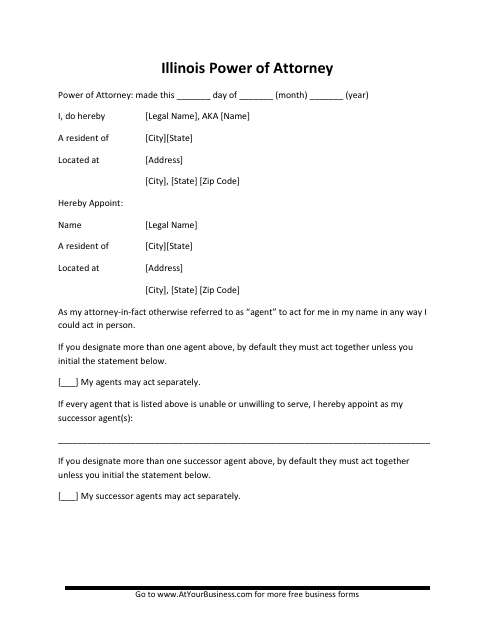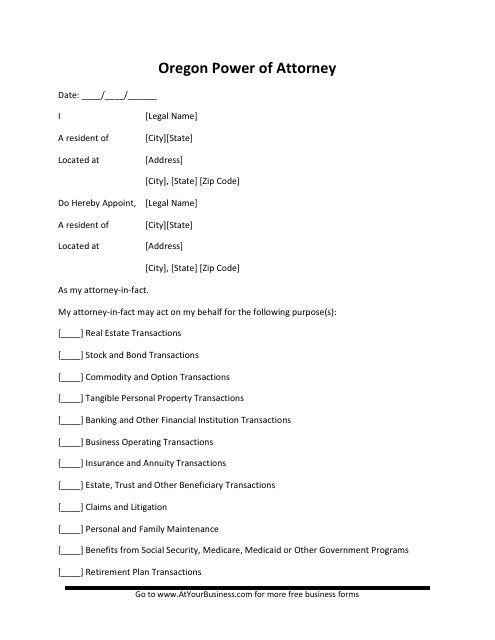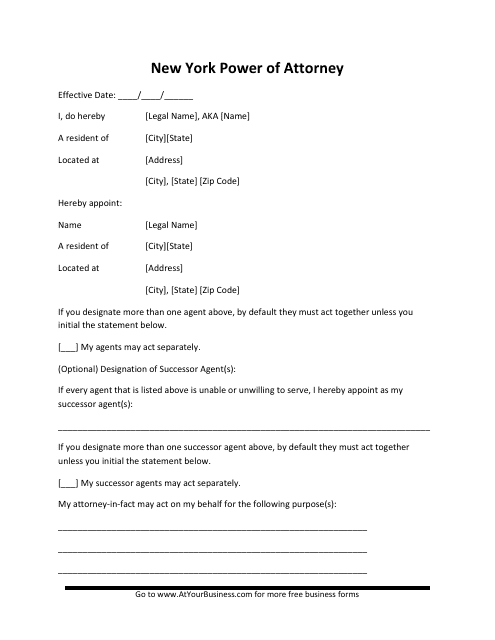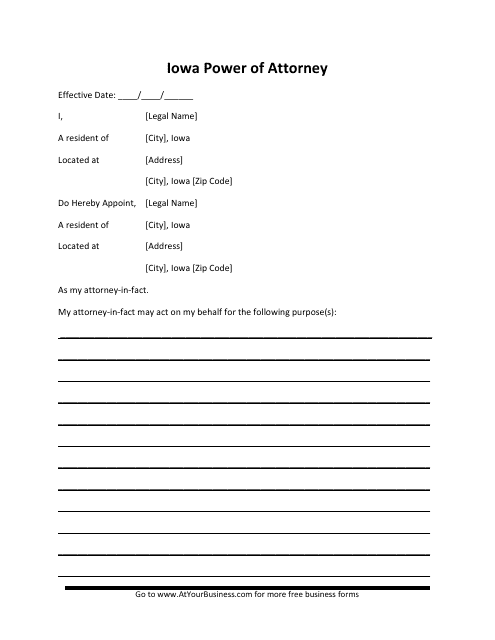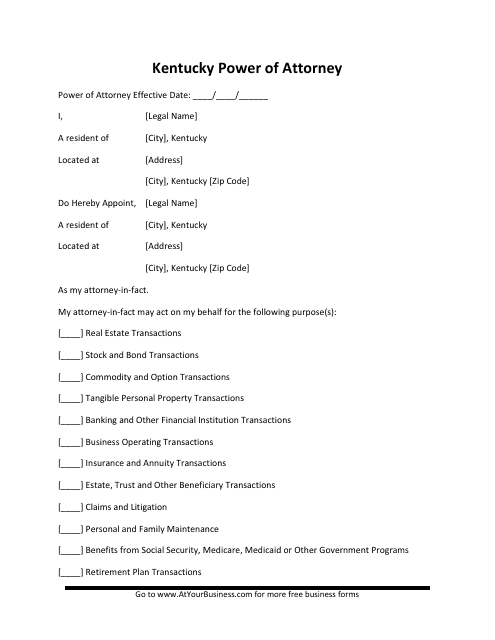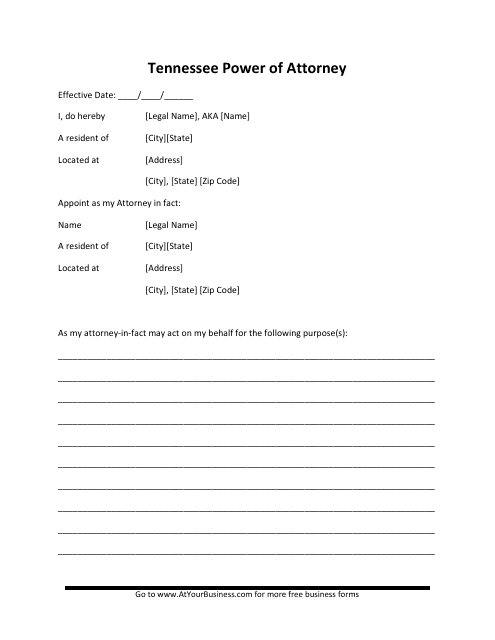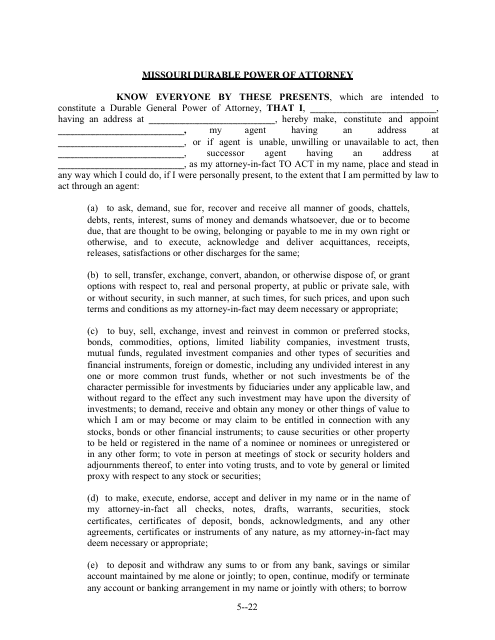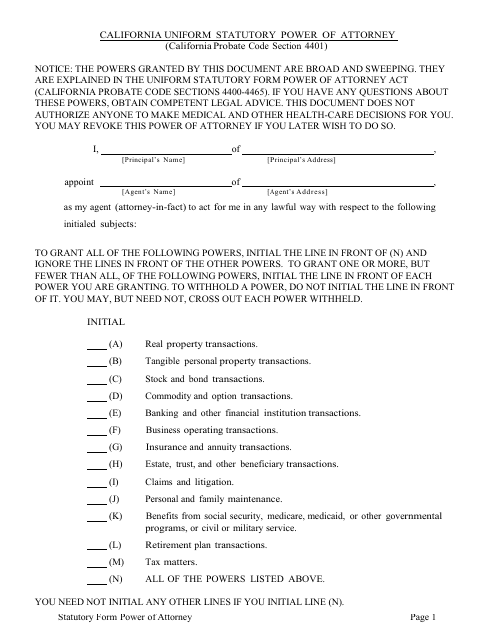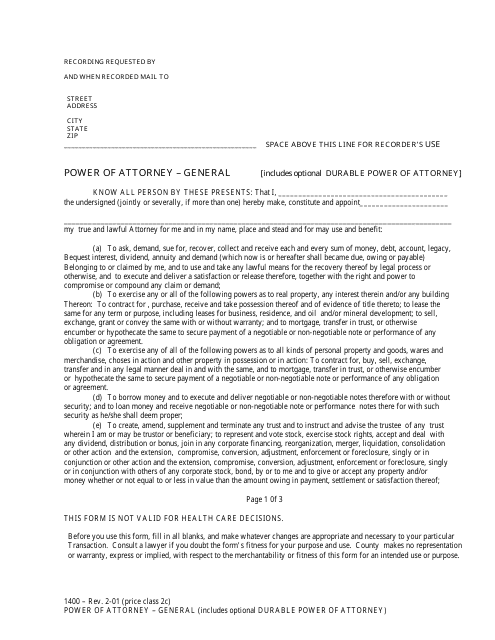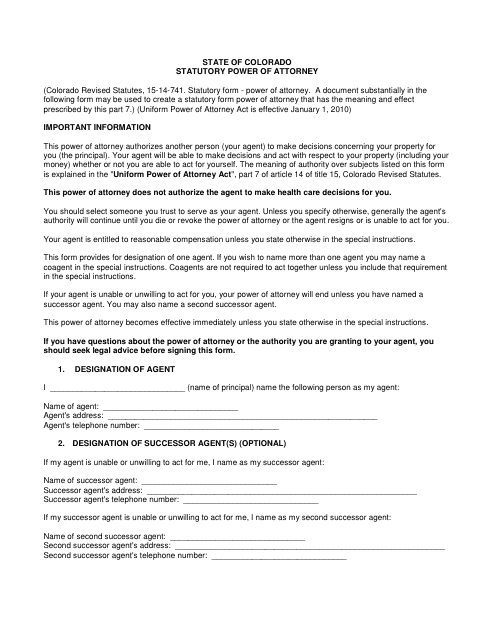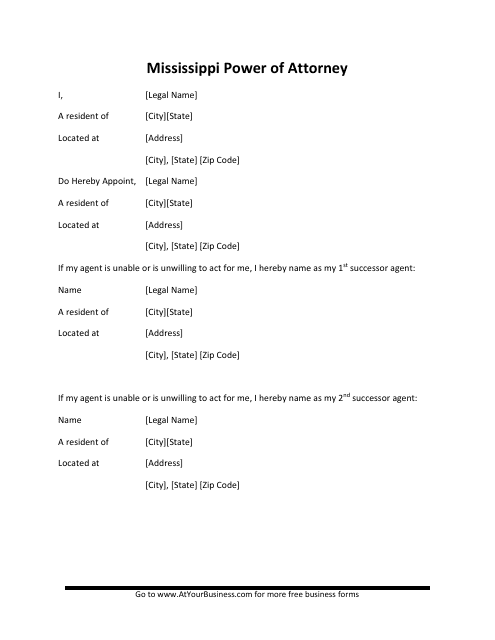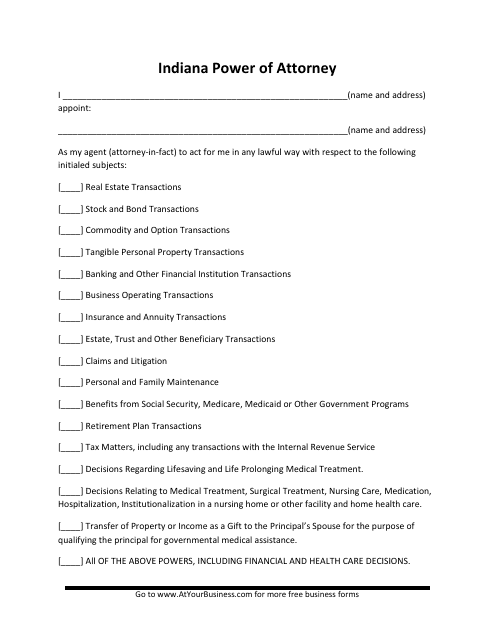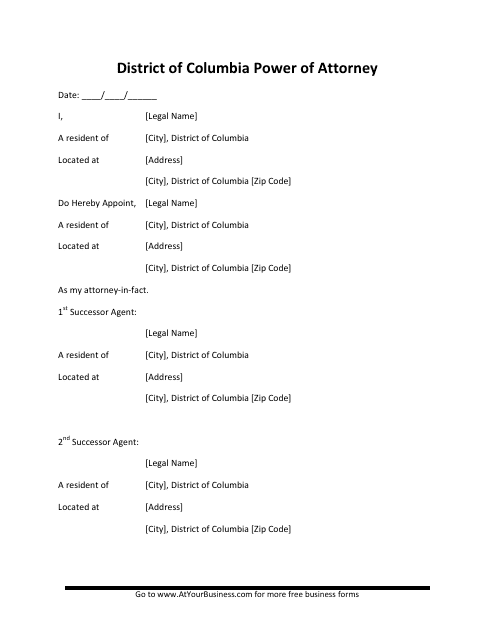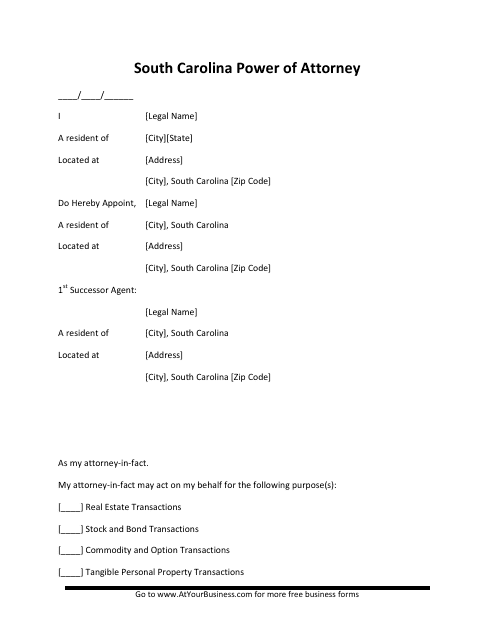Power of Attorney Forms by State
What Is a Power of Attorney?
A Power of Attorney Form - also referred to as a POA - is a legal document used for electing an individual to act on another party's behalf in business or legal matters. This agreement is made between two parties: the Principal and the Agent. The POA is needed when the Principal is unable to make decisions on their own for any reason.
By signing the agreement, the Principal allows the Agent to legally represent their interests. The Principal usually states what powers they want their Agent to have. Sometimes the Principal also appoints a secondary Agent in case their main Agent does not want or cannot perform their duties. The POA is not a bilateral contract, it is more like a unilateral description of what authority is permitted to the Agent by the Principal.
Types of Powers of Attorney:
- General Power of Attorney.
- Limited or Special Power of Attorney.
- Durable Power of Attorney.
- Healthcare or Medical Power of Attorney.
- Springing Power of Attorney.
There is no federal law concerning these forms, however, an existing model Uniform POA is applicable for most of the states either fully or partially. Being subject to the laws of individual states, POAs vary from state to state, thus it is better to consult your state law before filling out your own Form.
| Alabama | Hawaii | Massachusetts | New Mexico | South Dakota |
| Alaska | Idaho | Michigan | New York | Tennessee |
| Arizona | Illinois | Minnesota | North Carolina | Texas |
| Arkansas | Indiana | Mississippi | North Dakota | Utah |
| California | Iowa | Missouri | Ohio | Vermont |
| Colorado | Kansas | Montana | Oklahoma | Virginia |
| Connecticut | Kentucky | Nebraska | Oregon | Washington |
| Delaware | Louisiana | Nevada | Pennsylvania | West Virginia |
| Florida | Maine | New Hampshire | Rhode Island | Wisconsin |
| Georgia | Maryland | New Jersey | South Carolina | Wyoming |
Difference Between Power of Attorney and Advance Directive
A Power of Attorney is commonly confused with an Advance Directive (or Advance Healthcare Directive). The concepts are similar with both forms allowing to elect a representative to act on another person’s behalf and both stating the specific circumstances under which the representative will act. There is a difference, however: the POA is more commonly used for financial decisions while the Advance Directive allows the representative to make healthcare decisions.
How to Use a Power of Attorney?
A POA is used anytime a person wants someone to make financial decisions for them. This agreement also comes in handy in case of physical or mental incapacity.
The document must include the identifying information of both of the parties along with a certification by no less than two witnesses. Being a serious legal agreement, the POA includes detailed information on the exact types of authority will the appointed Agent get. The Principal also decides upon when and why the document goes into effect and its end date.
This document allows someone to make financial and legal decisions on your behalf if you become incapacitated.
The most important thing to decide on is the Agent. Since the agent will manage important financial issues, they have to be a trustworthy person. Normally, people choose close relatives or good friends to act as their Agents. If you choose your spouse as your Agent the spouse's power will automatically terminate in case of divorce.
After filling out the form, the Power of Attorney has to be printed out, signed and notarized.
Documents:
410
This form is used for creating a power of attorney in the state of Colorado. It is a statutory form that allows one person to appoint someone else to act on their behalf for legal and financial matters.
This document allows someone to make financial and legal decisions on your behalf if you become incapacitated.
This document is a template for a General Power of Attorney, which allows someone to act on behalf of another person in various legal and financial matters. It is not specific to the South African Revenue Service (SARS).
This document is used for appointing someone to make healthcare decisions on your behalf in New Jersey, and also includes your preferences for end-of-life care.
This document is used for granting someone the authority to make health care decisions on your behalf. It is specifically used at Poudre Valley Hospital in the City of Fort Collins, Colorado.
This document allows you to appoint someone to make healthcare decisions on your behalf in the state of Kansas. It is used in case you become unable to make those decisions yourself.
This document grants someone the legal authority to make decisions regarding property and financial matters in Colorado.
This document grants someone the legal power to make decisions on behalf of a person related to healthcare matters at the University of Tennessee Health Science Center in Memphis, Tennessee.
This document grants someone the legal authority to make decisions on your behalf in Nevada, covering twelve specific areas of authority.
This document allows Indiana residents to choose someone to make healthcare decisions on their behalf if they are unable to do so.
This document allows a person in Wyoming to appoint someone else to make financial and legal decisions on their behalf.
This document is a Power of Attorney template specifically designed for residents of Wisconsin. It is used to grant someone the legal authority to make decisions on your behalf.
This form is used for granting power of attorney in Nevada. It allows an individual to appoint someone else to make legal decisions on their behalf.
This Form is used for revoking a Power of Attorney in Ohio.
This document enables a designated person to make emergency health care decisions for your minor child in the state of Washington.
This Form is used to authorize someone else to have parental or guardian powers in Oregon.
This document is a template that can be used to create a durable power of attorney in the state of Florida. It allows someone to designate another person to make financial and legal decisions on their behalf in case they become unable to do so themselves.
This type of document is used to appoint someone to make legal and financial decisions on your behalf if you become unable to do so yourself.
This form is used for delegating parental power in the state of Wisconsin. It allows a parent to grant temporary authority to another individual to make decisions on behalf of their child.
This document grants someone the legal authority to make decisions and act on your behalf in Idaho.
This document is used for revoking a Power of Attorney in North Carolina. Use this template if you want to cancel the authority you previously granted to someone to act on your behalf.
This form is used for granting someone the power to make legal decisions on your behalf for a limited period of time in the state of New Mexico.
This document is used to appoint someone to make healthcare decisions on your behalf in Colorado if you become unable to make them yourself.
This Form is used to grant authority to another person to make legal decisions on your behalf in the state of Washington.
This document is a template for a Power of Attorney in the state of Illinois. It allows an individual to grant someone else the authority to make decisions on their behalf in legal, financial, or healthcare matters.
This Form is used for granting someone else the power to make legal decisions on your behalf in the state of Oregon.
This document is a template for creating a Power of Attorney in the state of New York. It allows someone to appoint another person to make decisions on their behalf.
This document grants someone the authority to make decisions on your behalf in Iowa.
This document grants someone the authority to make decisions and take actions on your behalf in the state of Kentucky.
This form is used for granting someone the legal authority to make decisions and act on your behalf in the state of Tennessee.
This type of document is a template for creating a durable power of attorney in Missouri. It allows an individual to appoint someone to make decisions on their behalf if they become incapacitated.
This Form is used for creating a legally binding Power of Attorney in California.
This document is used to give someone the authority to make legal and financial decisions on your behalf in California.
This document grants someone the legal authority to make decisions on your behalf in Colorado. It covers various aspects such as managing your finances, healthcare decisions, and other important matters.
This Power of Attorney form is used in Colorado to appoint someone as your representative to make decisions on your behalf.
This type of document, known as Power of Attorney Form, is used in the state of Mississippi. It allows one person, known as the "principal," to grant another person, known as the "attorney-in-fact," the authority to make legal and financial decisions on their behalf.
This Form is used for granting someone else the legal authority to make decisions on your behalf in the state of Indiana.
This document template grants someone the legal authority to act on your behalf in Washington, D.C.
This document gives someone the legal authority to act on your behalf in South Carolina.

